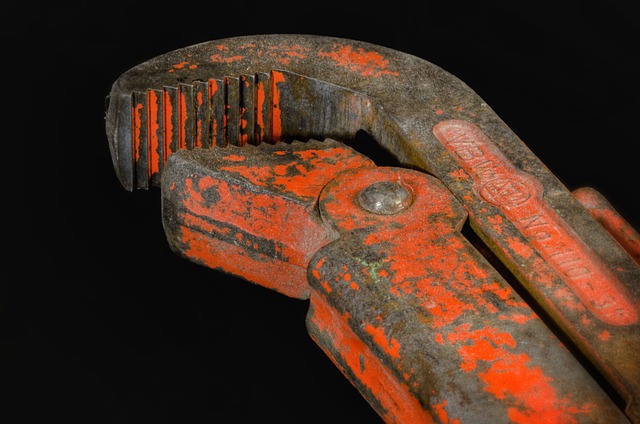A skilled plumber is an unsung hero in maintaining and repairing our intricate plumbing systems, ensuring homes and businesses remain functional and comfortable. They are invaluable during emergencies like burst pipes or flood damage, offering swift assessments and repairs to minimize disruption. Preventive measures such as regular inspections, insulation against freezing, leak detection systems, and mindful drain use can significantly reduce plumbing emergencies and their associated costs. Engaging a qualified plumber for guidance on maintenance and proactive care ensures well-maintained plumbing systems.
- Understanding Emergency Plumbing Situations: Burst Pipes and Floods
- The Role of a Plumber in Mitigating Damage
- Steps to Take Before Calling an Emergency Plumber
- What to Expect During an Emergency Plumbing Service Visit
- Preventive Measures to Avoid Future Emergency Plumbing Issues
Understanding Emergency Plumbing Situations: Burst Pipes and Floods
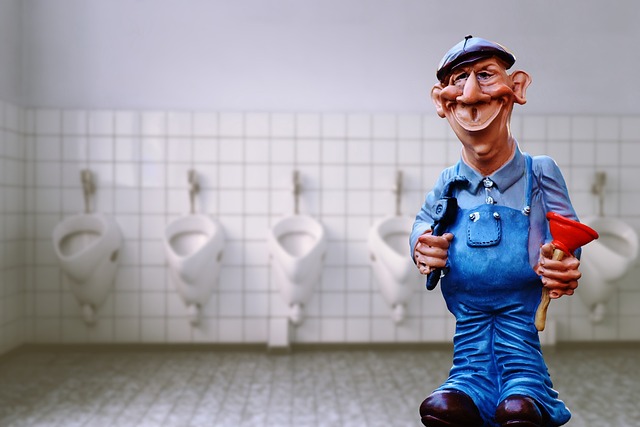
The Role of a Plumber in Mitigating Damage
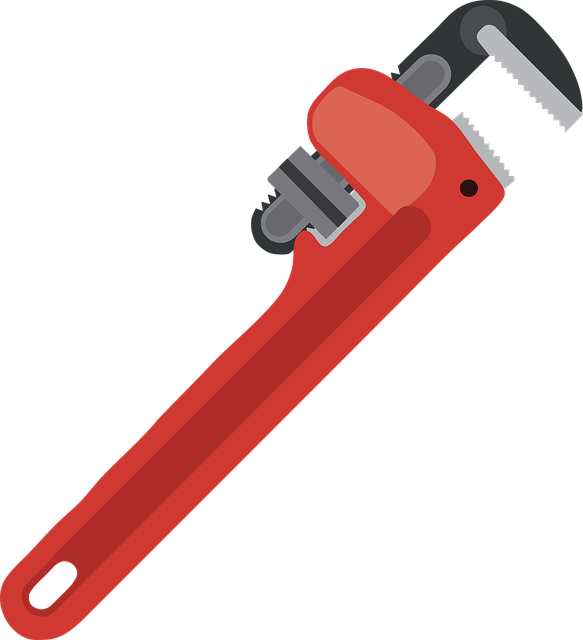
When faced with burst pipes or flood damage, a plumber plays a crucial role in mitigating potential hazards and minimizing disruption to your home or business. They are equipped with the knowledge and tools to assess the situation swiftly, ensuring immediate action to prevent further complications. Plumbers can provide emergency repairs for pipes, stopping water leakage and containing any ongoing flooding.
Beyond fixing the physical damage, plumbers also offer advice on preventing future issues. They can inspect plumbing systems, identify vulnerabilities, and recommend upgrades or maintenance to fortify against potential bursts or leaks. By having a plumber assess your property, you gain peace of mind knowing that your home or business is better prepared to handle water-related emergencies.
Steps to Take Before Calling an Emergency Plumber

Before calling an emergency plumber, take a moment to assess the situation and gather essential information. First, locate and turn off the main water supply valve to prevent further flooding. This step is crucial as it will help minimize damage and stop the water flow, especially if the burst pipe is in an inaccessible area. Once the valve is turned off, inspect the damaged pipe or flood source. Take note of any visible debris or the cause of the burst pipe, like corrosion or an object blocking the pipe.
Additionally, prepare a basic toolkit with essential items. Having pliers, a bucket, and old towels nearby can aid in your immediate response. These tools will help you handle minor issues before the plumber arrives, such as temporarily clamping a broken pipe or absorbing excess water. Remember, quick action can significantly reduce potential damage and costs.
What to Expect During an Emergency Plumbing Service Visit
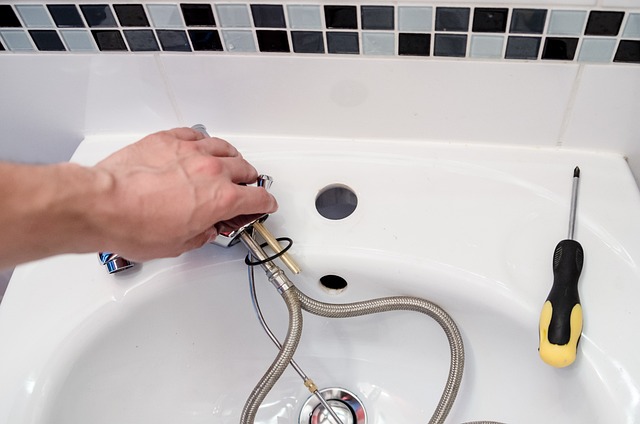
When you call a plumber for an emergency service related to burst pipes or floods, you can expect a swift and efficient response. They are trained to handle such situations promptly, ensuring minimal damage to your property. During their visit, the plumber will first assess the issue by examining the affected area, checking for water leaks, and identifying the source of the problem. Depending on the severity, they might use specialized tools and equipment to locate and repair the burst pipe or stop the flood.
You can anticipate clear communication from the plumber throughout the process. They will explain each step, provide estimates for repairs, and answer any questions you may have. It’s common for them to offer temporary solutions while waiting for parts or further instructions, ensuring your home remains safe and dry until a permanent fix is implemented.
Preventive Measures to Avoid Future Emergency Plumbing Issues
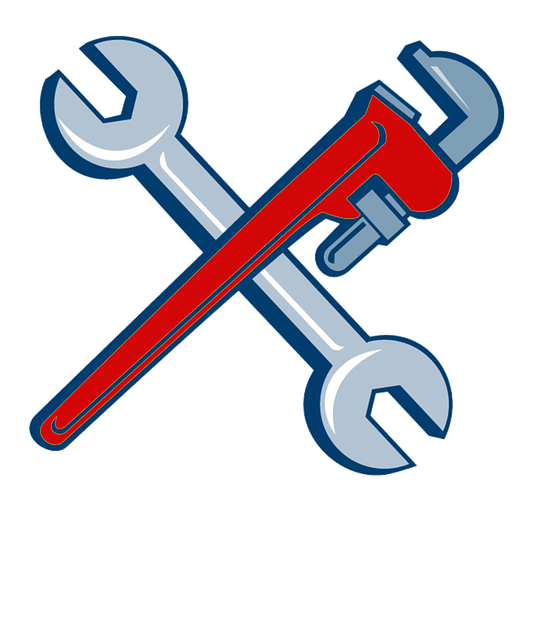
Preventing plumbing emergencies, like burst pipes or floods, is often more cost-effective and less stressful than addressing them after they occur. A qualified plumber can provide valuable guidance on maintaining your home’s plumbing system to avoid future issues. Regular check-ups are essential; these include inspecting pipes for signs of corrosion or damage, especially in areas prone to temperature extremes. Insulating pipes effectively can prevent freezing during winter, a common cause of bursts. Additionally, keeping drain covers clean and using catchers in sinks and showers helps prevent clogs, reducing the risk of water damage from overflows.
Installing smart leak detection systems is another proactive measure. These devices can alert you to potential leaks before they turn into full-blown emergencies. Regular maintenance, such as checking and replacing weather strips around pipes and doors, ensures that outdoor elements don’t contribute to pipe corrosion or freezing. Lastly, being mindful of what goes down the drain—avoiding flushing non-biodegradable items and using eco-friendly cleaning products—can prevent clogs and maintain the overall health of your plumbing system.
When faced with burst pipes or floods, a quick response is key to minimizing damage. A professional plumber plays a vital role in these emergency situations, offering expertise and specialized tools to restore your home’s integrity. By understanding the steps to take before calling an emergency plumber and being aware of preventive measures, you can better navigate these unforeseen events. Remember, swift action and the right support can make all the difference in mitigating plumbing emergencies.
